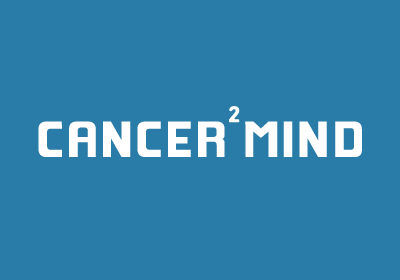Sulforaphane (SFN) is a compound that is found in various cruciferous vegetables such as broccoli, cabbage, cauliflower, kale, brussels sprouts, and broccoli sprouts. This highest SFN concentration is found in young 3 to 4 day old broccoli sprouts. Broccoli sprouts have about 20 times more SFN then full grown broccoli. However, SFN is only produced when glucoraphanin and myrosinase are combined together during the chewing process. Both of these exist separate from each other inside the plant waiting to form sulforaphane. SFN has shown powerful anticancer abilities in many lab studies and both pre-clinical & clinical research. Early research has fueled clinical trials currently in progress like the Pancreatic POUDER trial or the Broccoli Sprout Breast Cancer Trial. These clinical trials are still recruiting patients, so results are still unknown. But some important research already exists, which can give us a slight glimpse into the future of sulforaphane cancer treatments.
Sulforaphane Cancer Study #1.
Study treated 78 prostate cancer patients with increasing PSA levels with 60 mg of SFN. Sulforaphane cancer treatment caused PSA doubling times to be 86% longer then placebo group. In addition, SFN group had far less PSA increases of 20% or more verses placebo. Study concluded, “daily administration of free sulforaphane shows promise in managing biochemical recurrences in prostate cancer after radical prostatectomy.“
Sulforaphane Cancer Study #2.
A phase 2 study treated 20 recurrent prostate cancer patients with broccoli sprout extract to determine its effect on PSA levels. Broccoli sprout extract caused 1 patient to experience a greater then or equal to 50% PSA decline. 7 Cancer patients experienced a less then 50% PSA level decline. Study also stated PSA doubling time was longer compared with pre-treatment. 6.1 months pre-treatment vs 9.6 months on treatment. Study concluded, broccoli sprouts (SFN) needs to be studied further to clarify its role as a preventative agent or treatment agent.
Final Thought.
Sulforaphane has shown some initial positive results in human studies so far. It has shown that it can without a doubt increase doubling time for PSA levels. And in certain circumstances, lower PSA levels by around 50%. Whats most interesting, side effects were extremely low. This means higher doses can be tested in future studies that can possibly show even better results. None the less, results so far, are still amazing and are very similar to that of Apatone. What’s best, research is continuing with two major clinical trials accepting cancer patients right now. The more data we have, the better picture we can see of how simple broccoli sprouts, can impact the future of cancer treatment.
Source:
- POUDER Pancreatic Cancer Trial.
- Broccoli Sprout Breast Cancer Trial.
- Cancer Study #1.
- Cancer Study #2.
- Safety And Side Effects.
4 Comments
-
Activated Broccoli Seed is even better than broccoli sprouts. Because it’s standard and contains Myrosinase, it’s easier to obtain a higher dose.
-
Author
Stephen,
Can you please provide a link to the study or documentation that states Broccoli seeds contain higher levels of SFN (sulforaphane) than broccoli sprouts?
-
-
How To Increase Sulforaphane in Broccoli Sprouts by ~3.5-fold.
https://youtu.be/Z7buU-PK7_I-
Author
Karen,
Very interesting video. Thanks so much for sharing. I’m sure that video will be very valuable to someone trying to increase sulforaphane (sfn) levels.
-




